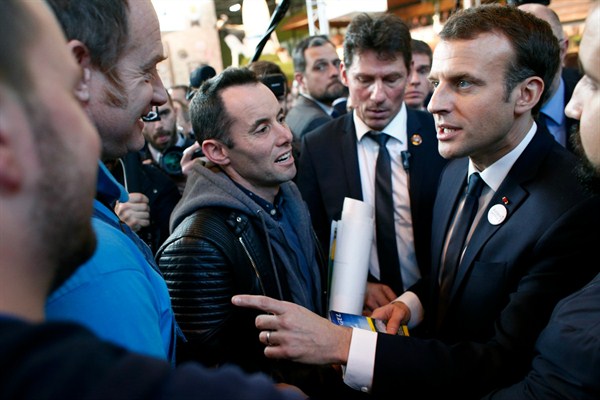On April 5, the French government announced it would provide about $1.35 billion over the next five years in state-backed credit and financing from the European Union to the country’s organic agriculture sector. The announcement was part of French President Emmanuel Macron’s efforts to reform France’s agricultural sector—including a pledge in February to invest more than $6 billion to make the industry more environmentally friendly, among other things—and follows signals from Macron that he would consider changes to the EU’s Common Agricultural policy, or CAP. For years, French farmers have been among the main beneficiaries of the CAP, which provides agricultural subsidies to EU member states and amounts to 38 percent of the EU’s overall budget. In an email interview, J. Christophe Bureau, a professor of economics at AgroParisTech, University Paris-Saclay, explains France’s historical relationship with the CAP, the country’s shifting perspectives on European agricultural policy and what Macron’s planned reforms mean for France.
WPR: What role has the Common Agricultural Policy played historically for France’s agricultural sector?
J. Christophe Bureau: The Common Agricultural Policy was formalized by the European Economic Community—the progenitor of the European Union—in 1962, but has its roots in earlier treaties dating back to the late 1950s. France was a major agricultural producer among the six founding members of the European Economic Community and pushed hard for this kind of agricultural policy, hoping that a larger and unified market would help counterbalance the strength of Germany in heavy industries.

